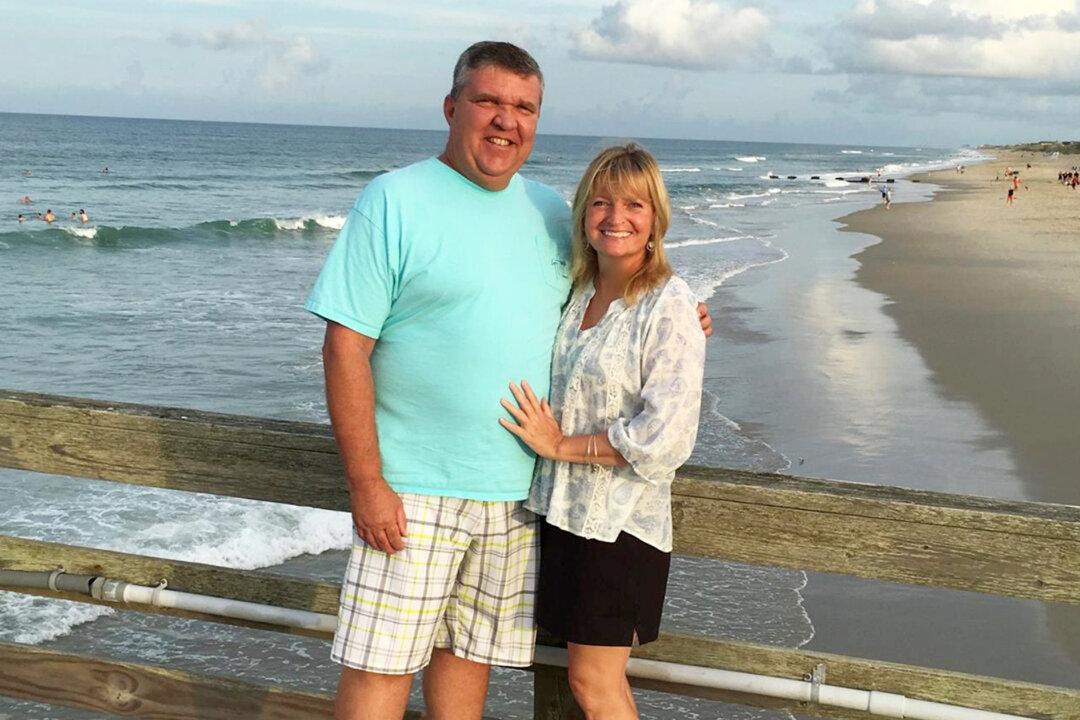A happily-married Virginia man diagnosed with early-onset Alzheimer’s at the age of 41 was given four to five years to “get his affairs in order.” Yet, bolstered by his wife’s love and support, their faith, and their deep mutual understanding, he has lived 16 years past his diagnosis and celebrated his 35th wedding anniversary to the woman he loves.
Don Talbott, 57, lives in Gloucester, Virginia, with his wife, Christy Talbott, 55.





